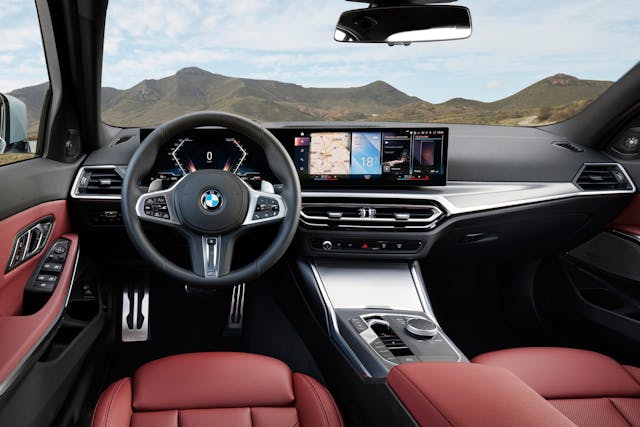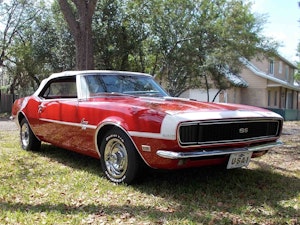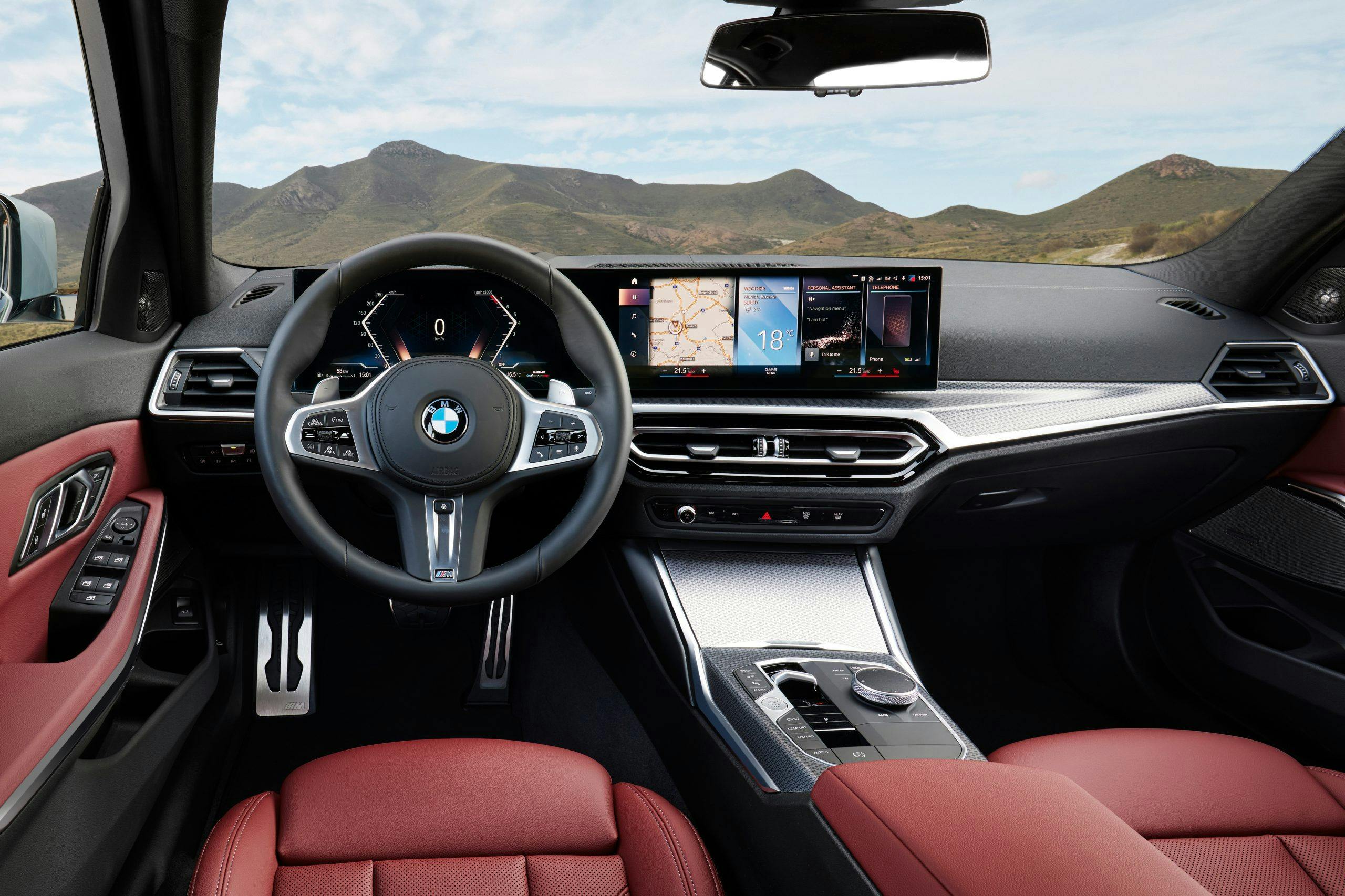Media | Articles
BMW NA responds to outrage, clarifies option-by-subscription strategy
After BMW recently announced that certain options on some of its cars would require a subscription, the outrage on social media was immediate. Some even called for a boycott of new BMW vehicles.
These subscriptions, which the company calls “Functions on Demand,” include such features as heated seats or steering wheel, automatic high beam headlights, active driving aids, maps, and music partnerships with Deezer or Napster. BMW recently announced it would implement the microtransaction model on some vehicles in the South Korean market.
Americans’ appetite for a subscription-based business model isn’t good, but perhaps many jumped to conclusions about the BMW service without a proper grasp of the details. So, while Hagerty UK’s James Mills wondered what the fuss was all about—reasoning that consumers regularly play Fortnite and FIFA video games and make in-game purchases and buy bundle packs without batting an eye—BMW North America felt the need to release an official statement to clarify specifics about how this strategy will play out in the U.S. market.

“As premium vehicle purchasers, BMW customers in the USA demand a high level of equipment in their vehicles,” the German automaker says. “Options like heated seats are ordered on over 90 percent of the BMWs sold in the USA. If a vehicle is initially ordered with heated seats, that option will remain fully operational for the life of the vehicle.
“With BMW Functions on Demand, customers will be able to explore new software-based features on a short-term basis by purchasing a trial or buy that feature outright for a period of time or for the life of the vehicle.”
Marketplace
Buy and sell classics with confidence
BMW insists, “It is important to note that BMW Functions on Demand is intended primarily as a digital aftersales solution and will not affect options that were ordered at the time of the vehicle purchase.”

Regardless, Hagerty’s Mills points out that this phenomenon isn’t unique to the automotive space. As BMW “rethinks car manufacturing for the electric vehicle age, it would appear to be streamlining the way it makes its cars … the subscription economy is extending to everything, from TV streaming to music, health apps to gaming, shaving kits to ready-to-make meals. Just because it’s arrived in the car industry doesn’t mean we should all stop buying cars.”
One would expect BMW can reduce its manufacturing complexity by forcing customers to simply pay to activate certain features after the fact, but it seems unlikely those cost savings will be passed to a customer base that regularly shells out hefty sums for luxury cars. BMW isn’t alone in this type of subscription strategy, of course; Tesla in particular is well-known for putting certain features behind a paywall even in the U.S., but its (perhaps more tech-savvy) customers have not made quite the same stink.













